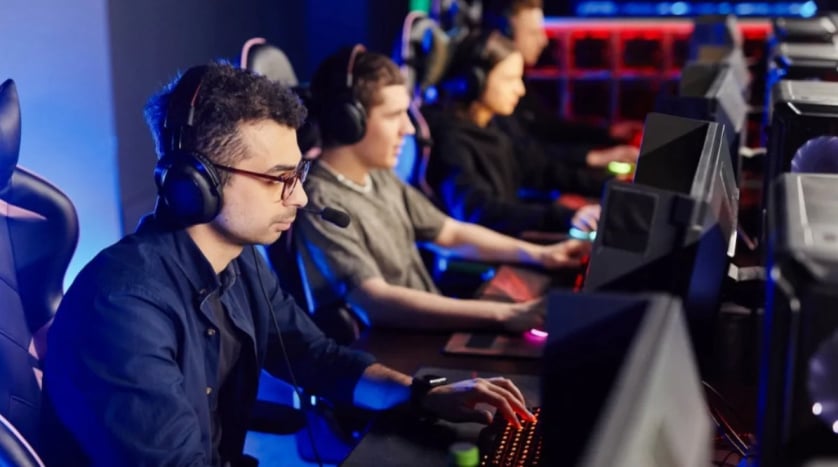
How Esports is Changing the Future of Competitive PC Gaming
Esports has grown from niche tournaments to a billion-dollar industry, reshaping how we view competitive gaming. Titles like "League of Legends," "Counter-Strike 2," and "Dota 2" now rival traditional sports in viewership, prize pools, and professional infrastructure.
One major shift is the rise of regional leagues and franchising, mirroring systems seen in the NFL or NBA. Organizations invest heavily in players, training facilities, and content creation, turning esports into a viable career path. Collegiate esports programs and scholarships further legitimize competitive gaming as a profession.
Technology is also pushing boundaries. AI-driven analytics help teams refine strategies, while advancements in streaming (like 4K broadcasts and VR spectator modes) enhance the viewing experience. Platforms like Twitch and YouTube Gaming have turned esports into a form of entertainment accessible to millions.
The industry’s influence extends beyond just games. Sponsorships from non-endemic brands (like Coca-Cola and Mercedes-Benz) show how mainstream esports has become. Even governments recognize its economic impact, with cities building dedicated esports arenas.
However, challenges remain. Player burnout, cheating scandals, and the sustainability of live-service esports titles raise questions about the future. Yet, with growing global interest and evolving formats (like mobile esports and cloud gaming), the competitive scene shows no signs of slowing down.
For aspiring pros, the path is clearer than ever—ranked ladders, amateur tournaments, and content creation offer multiple entry points. Whether you’re a player, fan, or investor, esports is redefining competitive entertainment in ways we’re only beginning to understand.